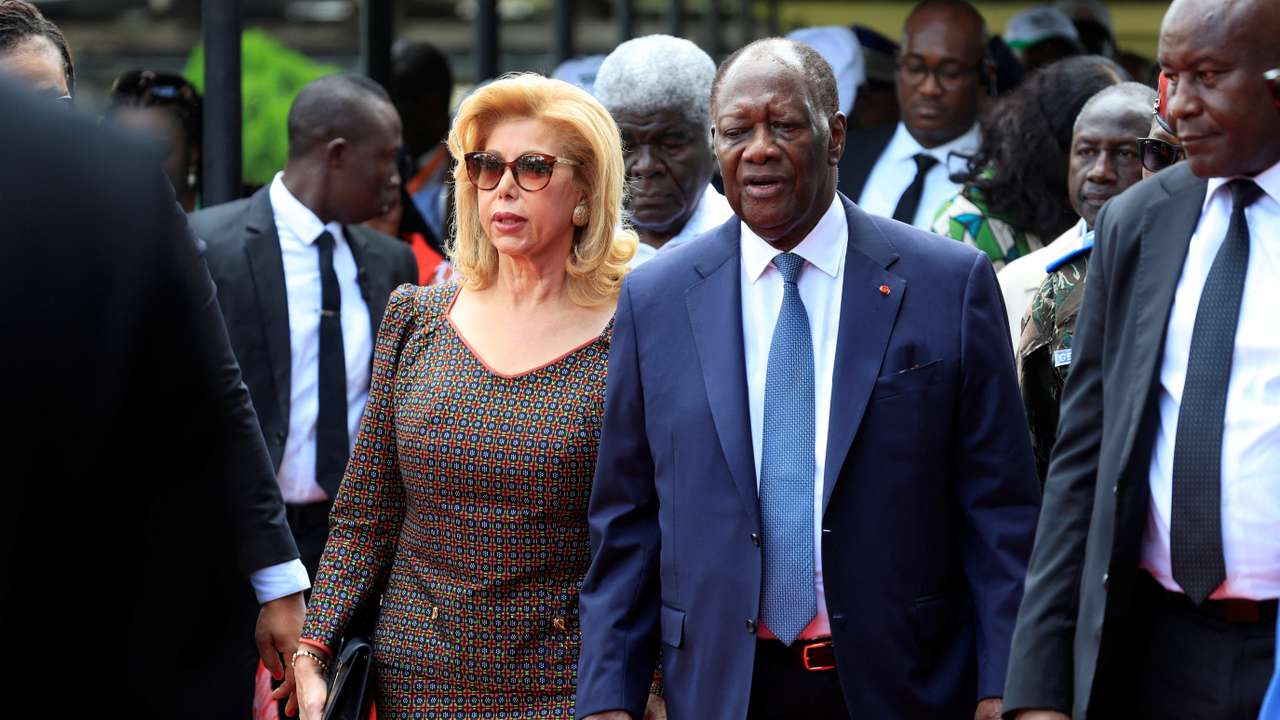Can 83-year-old President Ouattara deliver 'generational transition' to Cote d'Ivoire?

President Alassane Ouattara has won re-election in the Ivory Coast’s presidential vote, extending his rule over the world’s top cocoa producer beyond fourteen years.
According to provisional results announced by the Independent Electoral Commission on Monday, October 28, the 83-year-old incumbent secured a fourth term with 89.77 percent of votes cast.
Nearly nine million Ivorians were eligible to vote on Saturday, but turnout was around 50 percent, a figure comparable to the 2010 and 2015 elections, yet well below the 80 percent participation seen in the first round of the 2010 poll.
The election, held on October 25, excluded Ouattara’s most formidable rivals. Former President Laurent Gbagbo was barred from running due to a criminal conviction, while former Credit Suisse CEO Tidjane Thiam was disqualified for holding French citizenship. With both sidelined, observers say the path was clear for Ouattara’s “landslide victory.”
Among the remaining candidates, Jean-Louis Billon, a former commerce minister, received 3.09 percent of the vote, while former First Lady Simone Gbagbo garnered 2.42 percent, according to official results.
Ouattara, who has ruled since 2011, has described this new mandate as one of “generational transition,” promising to guide the country toward a younger political era. However, critics argue that such pledges have faded into repetition, with little sign of genuine renewal.
In 2016, a new constitution reset presidential term limits, legally allowing Ouattara to run again.
Supporters credit Ouattara with steering the Ivory Coast toward economic revival, boasting annual growth rates near six percent and a surge in infrastructure development. They argue his steady leadership has safeguarded the country from the instability that has engulfed parts of the Sahel region.
This story is written and edited by the Global South World team, you can contact us here.